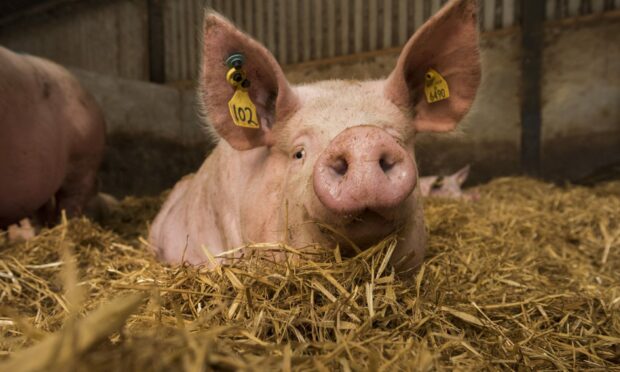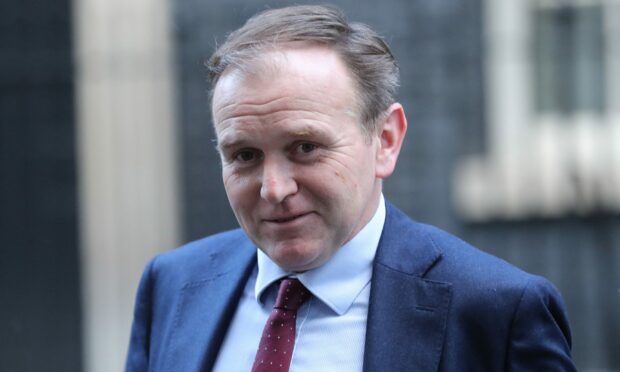The British pig sector is “perilously close to collapse” and may never recover from the impact of the Ukraine war, warn farming industry leaders.
The National Pig Association (NPA) and NFU south of the border made the warning in a letter to Defra Secretary of State, George Eustice, where they renewed calls for financial support for pig farmers south of the border.
The plight of the sector across the UK and Europe has been well documented with thousands of pigs backing up on farms due to a lack of staff in abattoirs and meat processing plants.
The NPA and NFU estimate the British pig industry has lost £250 million as a result of these labour shortages, and now the organisations warn rising input costs – driven by the Ukraine war – could push many farmers out of business.
In their letter to Mr Eustice, the two organisations say the average cost of production for a pig farmer is now more than £2 per kg and many producers are now losing more than £50 per pig produced as a result of rising costs, ineffective pricing and penalties.
“Some have already taken the decision to leave the industry with 43,000 sows being removed and others are now seriously considering it,” said the letter.
“There are those too who want to retire but cannot, as the income from the pigs is the only way they can pay off their debts.
“It is therefore vital that action is taken swiftly to support farmers whilst processors work through the rest of their backlogs.”
No direct support offered despite acknowledgement of adverse market conditions
They called on the UK Government to provide financial support to pig producers, similar to that offered in Scotland, Northern Ireland and other European countries.
The Scottish Government has provided around £1.4 million in financial support through two hardship packages, while a similar compensation package in Northern Ireland has given pig farmers access to £3.6m in emergency funding.
“Even though Government has acknowledged that there are adverse market conditions affecting the sector, and that financial support is needed to address this, no direct support has yet been offered to farmers, despite the fact that their incomes are the most severely affected by this issue,” added the letter.
“We cannot overstate the urgency of the situation, as our sector is now more than ever, perilously close to collapse and we look forward to your response.”
A Defra spokesman said: “We have provided a package of measures to support the pig industry, which includes temporary work visas for pork butchers, Private Storage Aid and Slaughter Incentive Payment schemes – reducing the backlog of pigs on farms from around 200,000 to below 50,000 – and falling.
“Farmers are facing increased input costs, including feed, fuel, energy and fertiliser. We have seen a slight increase in deadweight pig prices, but we continue to work with the industry to support them at what is a very challenging time.”
Andy McGowan, the managing director of the Scottish Pig Producers (SPP) co-operative, said product prices had risen by 20p per kg in the last month, but it would require another 40p per kg before they would even cover production costs.


